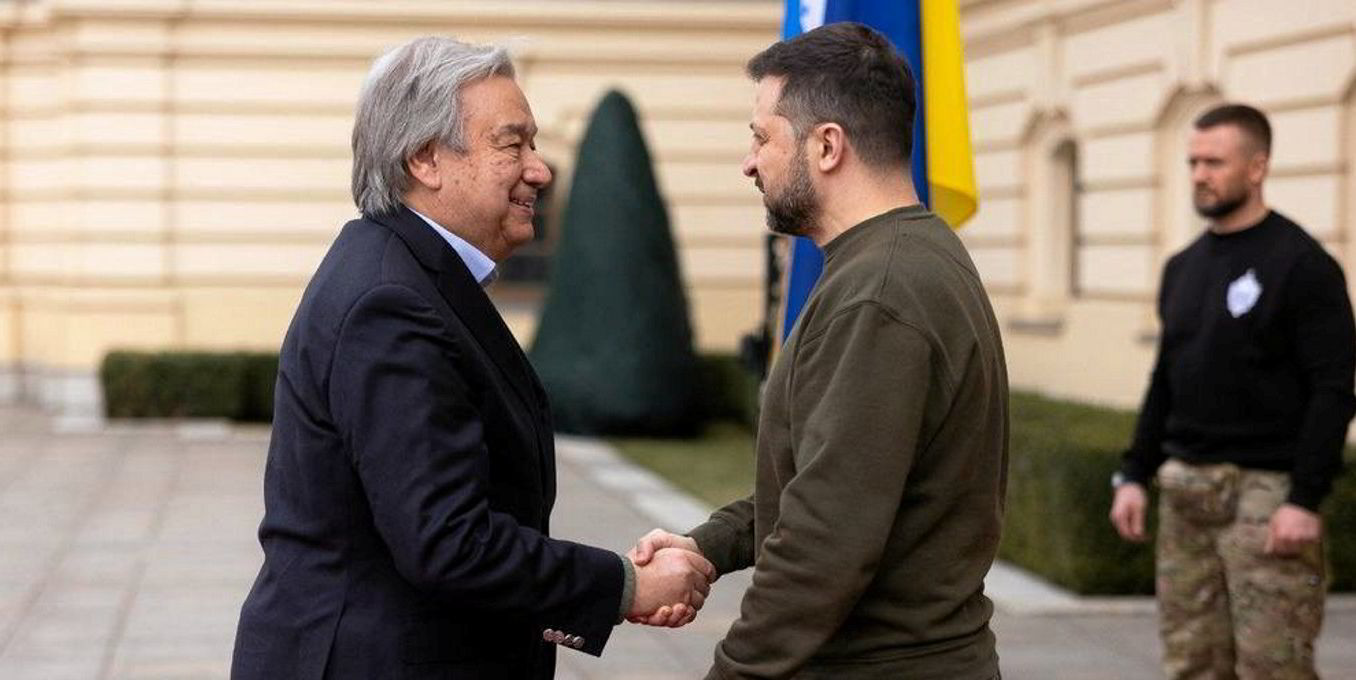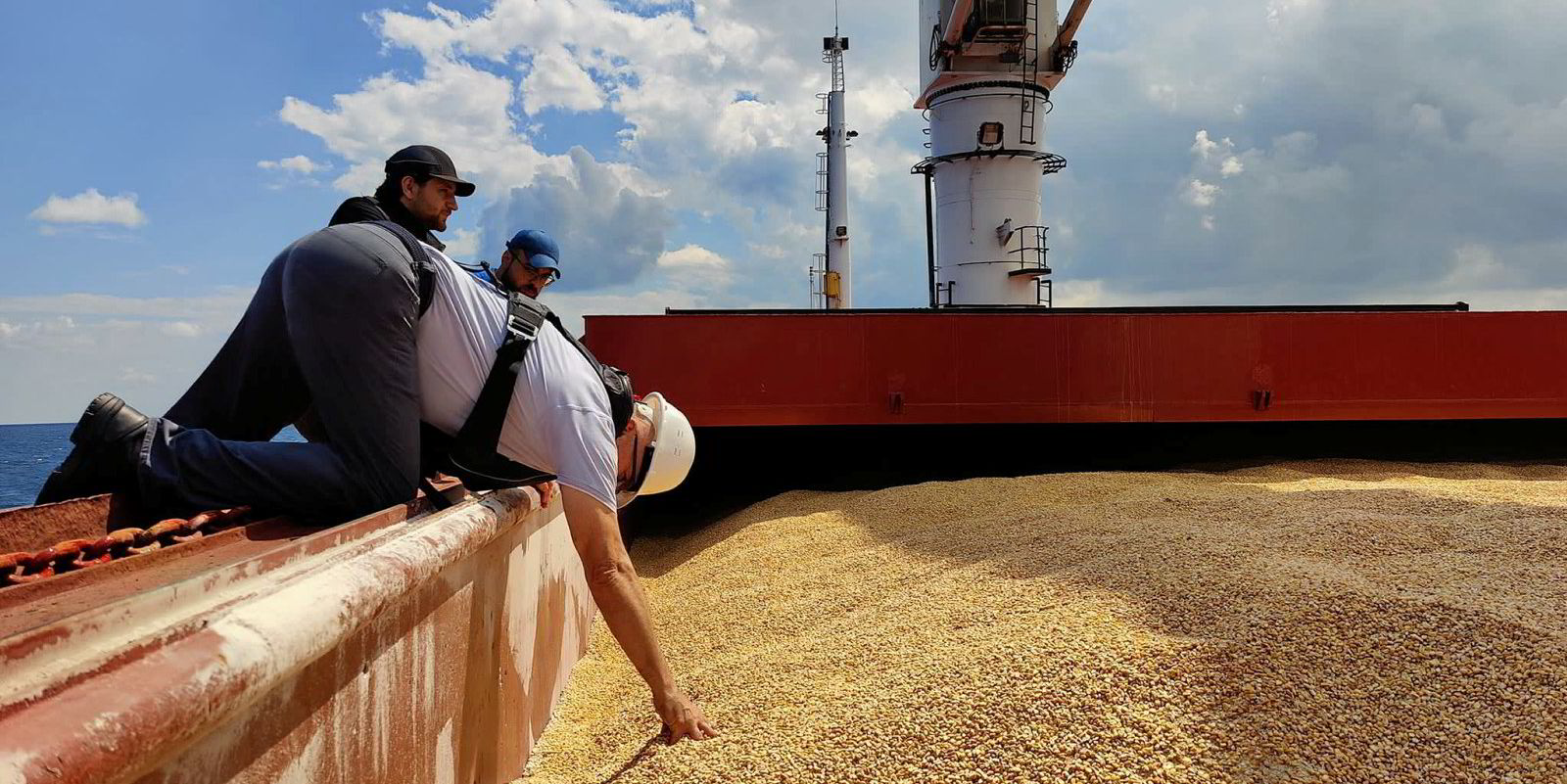With 10 days until it expires, the United Nations and Ukraine are calling for another extension on the deal allowing Ukrainian grain exports.
UN secretary general Antonio Guterres and Ukraine President Volodymyr Zelenskyy both said the Black Sea Grain Initiative was key to global food security, following a meeting in Kyiv on Wednesday. The effort has moved 23.6m tonnes of corn, wheat and other crops in the nine months since it was agreed.
“I want to underscore the critical importance of rolling over the Black Sea Grain Initiative on 18th March and working to create the conditions to enable the greatest possible use of export infrastructure through the Black Sea in line with the objectives of the initiative,” Guterres said.
Zelenskyy called the initiative “critically important”.
Russia has reportedly argued the deal does not do enough to facilitate its own agricultural exports, including sanctions from the US, European Union and UK preventing shipments and payment.
Its objections have led global grain traders to warn of risks to supplies and impacts on global grain prices, The Guardian reported.
The initiative started in July 2022, following an agreement between Ukraine and Russia brokered by Turkey and needs to be renewed every 180 days.
It helped the global grain trade move, as Ukraine is one of the world’s largest agricultural exporters, and helped free ships and seafarers trapped in Ukrainian ports following Russia’s invasion.
“[The initiative] contributed to lowering the global cost of food and has offered critical relief to people, who are also paying a high price for this war, particularly in the developing world,” Guterres said.
According to UN data, two ships left Ukraine on Wednesday: The 32,328-dwt Lady Zehma (built 2005) and the 33,777-dwt Gat Feeling (built 2013).
The Lady Zehma loaded 30,000 tonnes of corn at Chernomorsk and the Gat Feeling loaded 28,300 tonnes of wheat and 4,400 tonnes of corn at Yuzhny.
Both shipments are destined for Spain, which has imported 4.1m tonnes under the initiative, second only to China’s 4.9m tonnes.
Turkey has imported 2.7m tonnes and Italy 1.7m.





